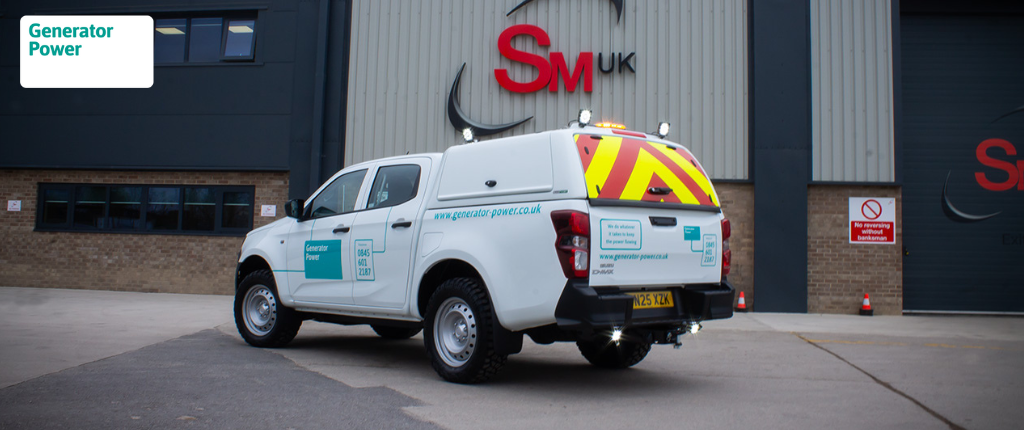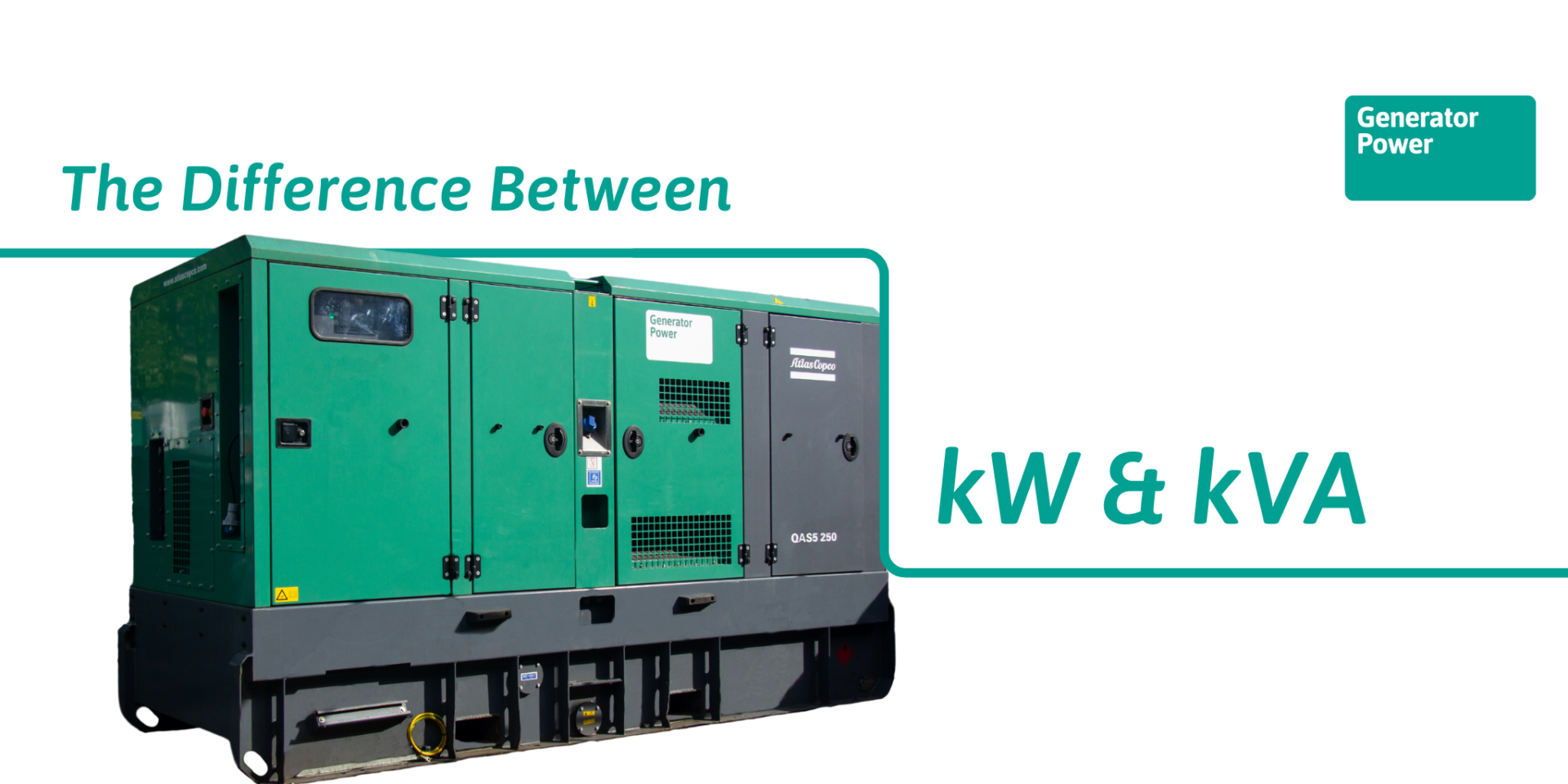Power outages are common during extreme weather conditions. High winds are one of the main culprits, ripping down power lines and leaving areas without electricity for days at a time. Emergency generators provide essential support during these types of conditions but depending on how well they are maintained, they might not provide the protection you were expecting.
To ensure you have a working generator ready to react in times of emergency, learn these lessons and follow a proactive maintenance plan.
Get to know the common generator problems
When generators fail to start it’s likely to be one of three main problem areas and they include:
- Fuel
- Battery
- Cooling System
- Fuel issues
Apart from a lack of fuel (which can and does happen if you fail to fill up!) one other major issue to look for is a contamination of fuel. Sludge and dirty deposits have a nasty habit of clogging fuel lines and blocking filters, they also leave a build up of residue in strainer baskets.
To prevent sludge and slurry building up in the fuel system a reliable fuel filtration system should be in place. Also, prevent the fuel from being contaminated by water if at all possible, make sure fuel caps are tightly screwed into position and there are no obvious signs of water penetration in vital parts.
Battery breakdowns
Apart from issues with fuel, poor or badly maintained batteries are another cause for concern. Visual checks on the power unit can reveal a few potential problems. Check the terminals around the battery for signs of sulphate. If there’s a bit of build up this could create issues with the charge and the generator will fail to start.
Check the connections on the top of the battery for any sign of looseness and perform visual checks looking for indications of corrosion too. Plus, you should be looking to replace the battery as per the manufacturer’s recommendations, once every four years is a good figure to aim for.
Coolant faults
Poor maintenance on cooling systems is something else you should check for signs of faults as well. Leaks and drips, signs of spillage underneath the generator and obvious indications there’s a loss of coolant on a regular basis are warnings that shouldn’t be ignored. Check hoses for signs of cracks and general wear and tear. Replace them as necessary and this helps to keep the cooling system in perfect working order.
Routine maintenance on diesel generators is the best way forward if you want them to work in times of emergency or for general purpose use. At Generator Power we suggest this list of top maintenance tips:
Simple checks to make:
- General Inspection for wear and tear
- Coolant Levels
- Oil Levels
- Fuel Levels
- Battery Charge
- Fuel Filter
- Air Filter
- Drive Belt
- Exhaust system
Of course, if you hire any of our generators all the maintenance work is done for you to stop you worrying, simply contact us here at Generator Power for more details.








